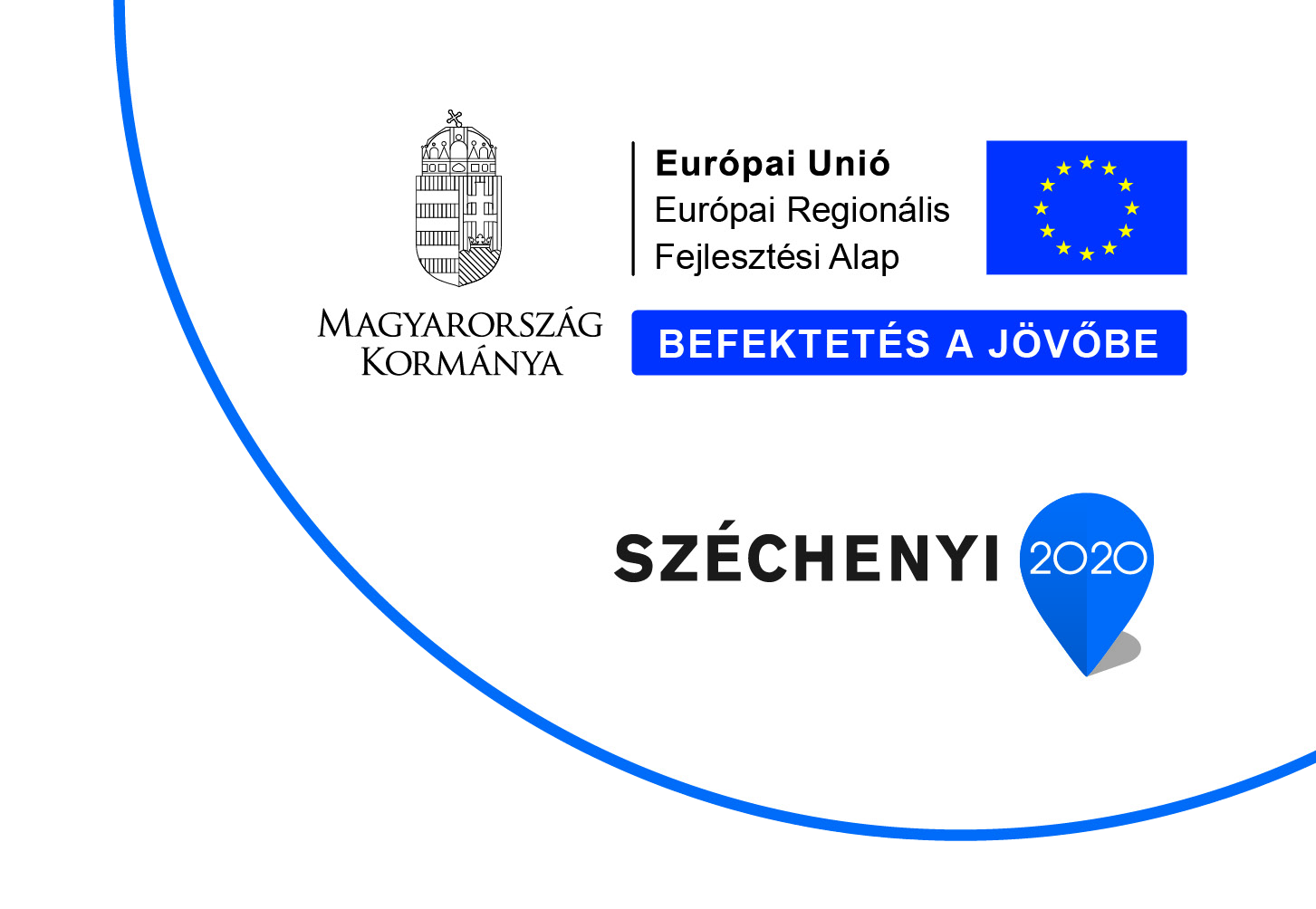The emission of carbon dioxide into the atmosphere, the main cause of global warming, is still increasing every year since carbon-rich fossil fuels are still the primary source of energy.
Catalytic hydrogenation of CO2 using sustainable hydrogen sources not only reduces the emission of carbon dioxide, but also produces valuable fuels and chemicals.
High-pressure methanol synthesis is a well-documented commercial process, its industrial implementation started already in the late 1990s. Nowadays, the largest plant is the GO (György Oláh) Methanol Plant located in Iceland, which can convert 5500 tons/year of CO2 (4000 tons/year of methanol). Conventional thermo-catalytic reactors operating at atmospheric pressure are excellent solutions for methane production, however, obtaining higher molecular weight products with good selectivity can be problematic.1,2
This application note evaluates the performance of the Phoenix Flow Reactor™ in the production of value-added chemicals (other than methane) from a low-cost renewable carbon dioxide source.
Download
